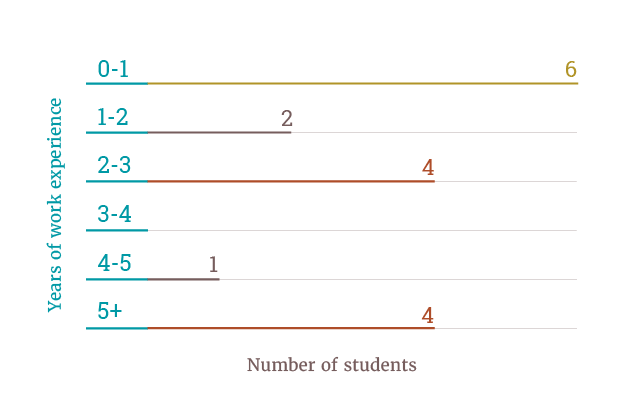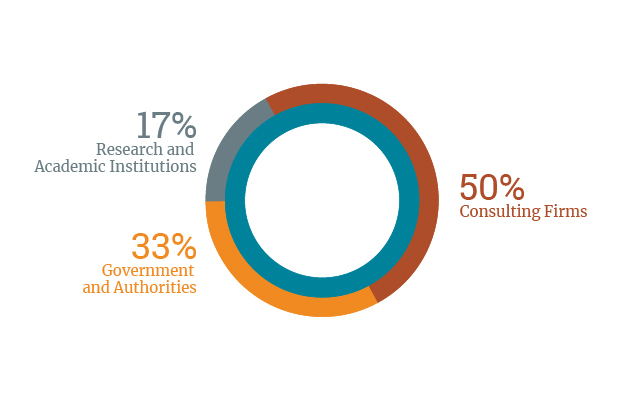


How can we understand the economic and ecological forces? What can we do to improve outcomes?
In the BSE Master's program in Economics of Energy, Climate Change, and Sustainability, you will acquire an advanced understanding of the rapidly changing energy sector, learn how economic theory and data tools can be used to understand their functioning and trends, and develop the qualifications that employers are looking for on their teams.
This Master’s program is part of Economic Policy and Markets. This means you will be able to choose from different courses that are also available in the Competition, Regulation, and Markets Program and the Economics of Public Policy Program. These three programs share the same fundamental basic courses that will provide you with an in-depth knowledge of how economic policy and markets work. At the same time, each program provides its own specialization courses that will make you an expert in one of the specific fields.
You will also complete a master project, which will be supervised in regular meetings with an advisor. The project will allow you to put your new knowledge into practice and improve your writing and expository skills.
The Economics of Energy, Climate Change, and Sustainability Program is ideal for students and early professionals in Economics, Business, Data Science, Engineering and other STEM backgrounds who want to focus their careers on energy and climate change policy. At BSE, we can provide the theoretical frameworks and quantitative tools to directly inform the energy transition at government agencies, central banks, think tanks, and companies. A growing number of companies, even if not related to the energy sector, are incorporating technical staff to provide in-house guidance on the uncertainty arising from the energy transition and climate change, and our students will help fill that gap.
Our program has a quantitative focus that can be particularly exciting to students and professionals who enjoy data analysis and coding. Regardless of your coding background, you will complete the Master's with a full range of computational tools and resources for in-depth analysis of energy and climate data.
The master project is a required component of all BSE Master's programs. Working individually or in groups, students use the tools and knowledge they've acquired during the entire year to explore a topic of their choice. A professor supervises throughout the project.
Examples of master projects from previous cohorts:
Upon successful completion of the BSE Economics of Energy, Climate Change, and Sustainability Program, students will receive a Master's Degree in Specialized Economics Analysis awarded jointly with Universitat Autònoma de Barcelona (UAB) and Universitat Pompeu Fabra (UPF).
This master program is in the process of ex-ante assessment by the Catalan and Spanish Education authorities within the framework of the Bologna Process (in Spanish, "Master Universitario o Master Oficial").
This is a new program. We are building our Master’s program to be attractive for:
Students who successfully complete the Economics of Energy, Climate Change, and Sustainability Program are eligible for direct admission to the following programs, if they stay for a second consecutive year:
Master’s Degree in Data Science:
OR
Master’s Degree in Economics and Finance:
A 20% discount will be applied on the second program's tuition fees. All BSE Alumni are eligible for this discount at any time.
17 students from 13 countries (100% international)
Most represented countries this year:
Germany (4)
Japan (2)
Most common undergraduate backgrounds:
Economics and Finance

An overview of Energy career paths for recent cohorts (Class of 2023)

© Barcelona Graduate School of Economics. All rights reserved.